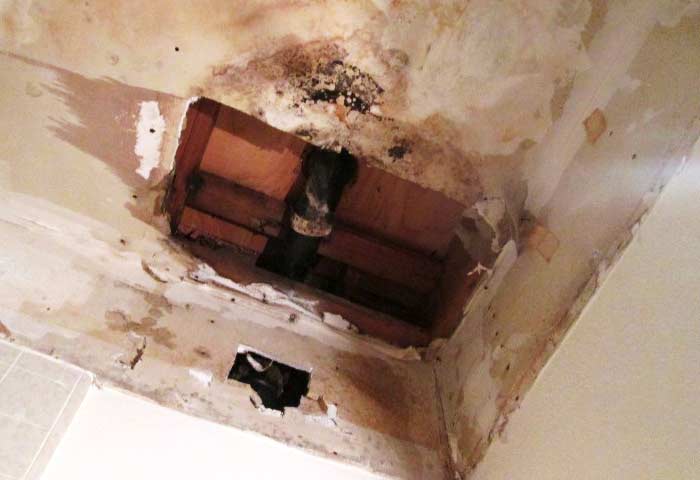Understanding the Procedure Closing Your Main Water Line During a Exploded Pipe
Understanding the Procedure Closing Your Main Water Line During a Exploded Pipe
Blog Article
We've stumbled on this post about How to Shut off Your Water When Pipe’s Burst down the page on the net and thought it made perfect sense to relate it with you here.

You need to know how to switch off your primary water line if you experience a ruptured pipe. Don't wait on a plumbing emergency prior to figuring out just how to get this done. Besides, other than emergency leaks, you will need to turn off your main water shutoff for plumbing fixings or if you leave for a lengthy journey. Find out even more concerning it in this tiny guide.
Why Must You Shut the Main Line Off?
Familiarizing on your own with exactly how your mainline switches on and off can conserve you throughout an emergency. For instance, when a pipe instantly bursts in your house, you'll be besieged with panic. Thus, you can conveniently shut the valve off as well as stop even more damages if you understand what to do. Furthermore, closing this off ensures you don't need to handle a sudden flooding in your home.
In addition to that, shutting and opening up the shutoffs periodically ensures they don't get stuck. It is likewise the most effective time for you to inspect for rust or various other busted connections. Furthermore, make it an indicate enlighten other family members on what to do. This makes routine maintenance and also taking care of emergency situations a lot less complicated. You can potentially conserve on your own countless dollars in repairs.
Where is This Key Shutoff Found?
The primary water line supply can vary, so you might require to find time to figure out where it is. However, when your home is getting drenched due to a ruptured pipe, you do not have the high-end of time during an emergency. Hence, you need to prepare for this plumbing circumstance by learning where the shutoff lies.
This shutoff valve might resemble a ball valve (with a lever-type take care of) or a gateway shutoff (with a circle spigot). Positioning depends upon the age of your house and the climate in your location. Inspect the following usual areas:
Must This Always Be Shut down?
Aside from emergencies, repairs, or long holidays, you might not need to shut off the major shutoff. For example, if only one fixture has problems, you can turn off the branch valve because place. This way, you can still use water in other parts of the house. For best results, call a dependable plumber for emergency situations.
What to Do When a Pipe Bursts in Your Home
A burst pipe is one of a homeowner's worst nightmares. Not knowing the signs and being unprepared for this plumbing issue can result in more water damage and clean up. Here are the warning signs of a pipe about to burst and the steps you can take if it happens.
Warning Signs for Burst Pipes
Rusty, discolored water with a bad smell Puddles under your sinks Abrupt changes in water pressure A spike in your water bill Clanging noises coming from pipes behind the walls What to Do When a Pipe Bursts
Turn off your water. The sooner you do this, the better. Shutting off your main valve will help minimize the damage to your home.
Drain the faucets. After the water has been turned off, drain the remaining water by opening your faucets. Doing so will help prevent areas from freezing and also relieve pressure within your pipe system to avoid more bursts.
Locate the burst pipe. Look for bulging ceilings, warping and other signs of where the water damage has occurred. Once you locate the pipe, you will be able to determine if it is a small crack that can be patched or a major repair that needs to be dealt with right away.
Call a professional. If you need significant repairs, contact a professional to come in as soon as possible. At Mr. Rooter Plumbing of Oneida, we offer 24/7 emergency service for your convenience.
Document the damage. If you have extensive pipe damage, be sure to take photos of the affected areas so you can document a claim with your insurance. Take close-up photos of the damage and use a measuring tape to show how high the water is. You should also take photos from different angles for a wider picture of the affected areas.
Start cleaning. After you have documented the damage, start cleaning up the water as soon as possible. The longer the water sits, the higher the chance that mold will develop.
https://www.mrrooter.com/oneida/about-us/blog/2020/june/what-to-do-when-a-pipe-bursts-in-your-home/

I came across that piece of writing on What Do I Do If I Have A Burst Pipe In My Home? while browsing the internet. Feel free to take a moment to share this write-up if you enjoyed it. Thanks a lot for your time. Come back soon.
Need help? Call. Report this page